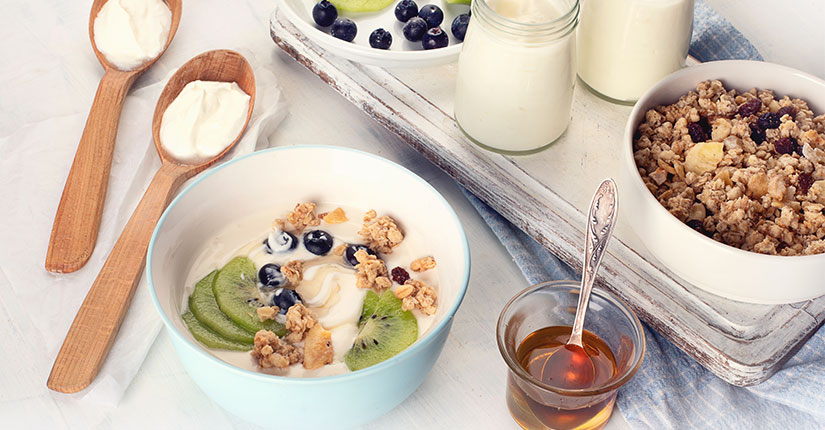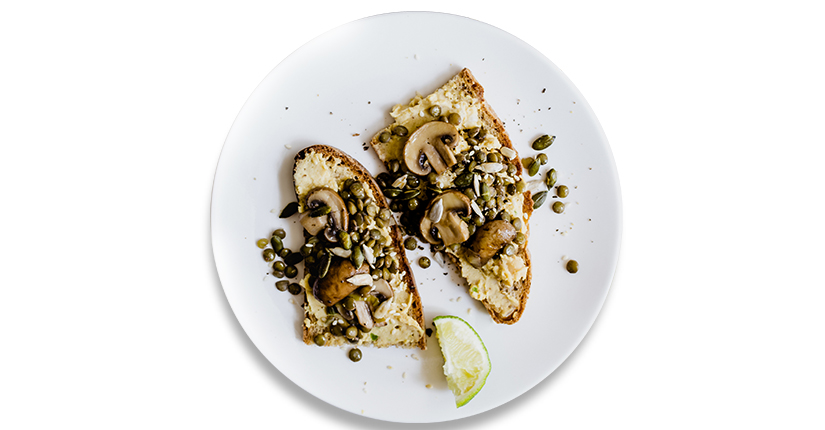Lifestyle Disease Guide – All about Diabetes
By Nmami Life Editorial 19-Sep 2021 Reading Time: 7 Mins

Diabetes Mellitus is a metabolic disorder in which blood sugar levels are too high (Hyperglycaemia). Diabetes mellitus refers to a group of lifestyle diseases that affect how your body uses blood sugar (glucose). Glucose plays a vital role because it’s an important source of energy for the cells that make up your muscles and tissues. It’s also your brain’s main source of fuel.
Glucose is the chief source of energy that we get from the food we eat. A hormone released by the pancreas called insulin is responsible to move glucose from the blood to cells that are used for energy requirements but in diabetes, the body either doesn’t make enough insulin or is not able to use it properly.
Symptoms
Diabetes symptoms vary according to the elevation in blood sugar levels. People with prediabetes or type 2 diabetes may not experience symptoms initially but in type 1 diabetes, symptoms tend to come on quickly and be more severe.
Some of the signs and symptoms are:
- Polydipsia (increased thirst)
- Polyphagia (Extreme hunger)
- Polyuria (Frequent urination)
- Unexplained weight loss or weight gain
- Blurred vision
- Tingling sensation in nerves
- Tiredness and fatigue
Risk factors
- Genetic predisposition: The risk increases if someone in your family is diabetic or it’s in the genes.
- Obesity: The more fat tissues you have, the more resistant your cells become to insulin.
- Race: Asians are more at risk than any other race.
- Age: Males above the age group of 45 years and females above the age of 40 years are more at risk.
- High blood pressure: having blood pressure over 140/90 millimetres of mercury (mm Hg) is linked to an increased risk of type 2 diabetes.
- Physical activity: The less active your body is, the more risk you carry. Physical activity avoids weight gain and utilises glucose as energy and makes your cells more sensitive to insulin.
Let’s know about four major types of diabetes!
- Type-1 diabetes: It is an autoimmune disease in which the body doesn’t make insulin because the immune system attacks and destroys the cells in the pancreas. In this condition, people take insulin every day to stay alive. The causes of this type of diabetes can be genetic vulnerability or the faulty beta cells in the pancreas that aid in synthesizing insulin hormone.
- Type-2 diabetes: It is the most common type of diabetes among adults. In this condition, the body becomes resistant to insulin. That means, people with this type of diabetes are insulin resistant and insulin produced by the pancreas is not enough to keep blood sugar levels normal. This type of diabetes is caused due to a combination of genetic and lifestyle factors. Being overweight, obese and living a sedentary lifestyle are the major causes of type-2 diabetes.
- Pre-diabetes: This condition occurs when the blood sugar levels are higher than normal but not high enough for a diagnosis of type-2 diabetes because the levels are at borderline line-high. The causes of pre-diabetes are overweight, obesity and poor eating habits that include eating more processed foods, drinking artificially sweetened beverages and excessive consumption of junk food.
- Gestational diabetes: Gestational diabetes mainly occurs in women due to high blood sugar levels during pregnancy. For women having gestational diabetes, the chances of developing type-2 diabetes increase. Hence, it is suggested to maintain a healthy lifestyle throughout the pregnancy. It might be caused due to the improper working routine of hormones prepared by the placenta.
Dietary interventions
Include foods that are fibre rich, have a low glycemic index (less than 50 glycemic indexes)
- Non-starchy vegetables like bottle gourd, bitter gourd, cauliflower, cabbage, green leafy veggies like spinach, bathua, methi,
- Oats, quinoa, barley, yoghurt, curd
- Fruits like kiwi, pears, plums and apples
- Nuts like walnuts and almonds with seeds (pumpkin, sunflower) contain healthy fats (omega 3 fats), vitamins, minerals and antioxidants.
Mentioned nutrients are essential for healthy body functioning and also helps in reducing the risk of diabetes. Also, avoid eating processed food items as it contains added sugar which can spike blood sugar levels.
Over to you
The best mantra is to keep your sugar intake in control and walk at least 30 minutes to maintain a healthy lifestyle. Medications and treatment would help but it’s advantageous to adopt healthy lifestyle changes and follow it thoroughly.


















